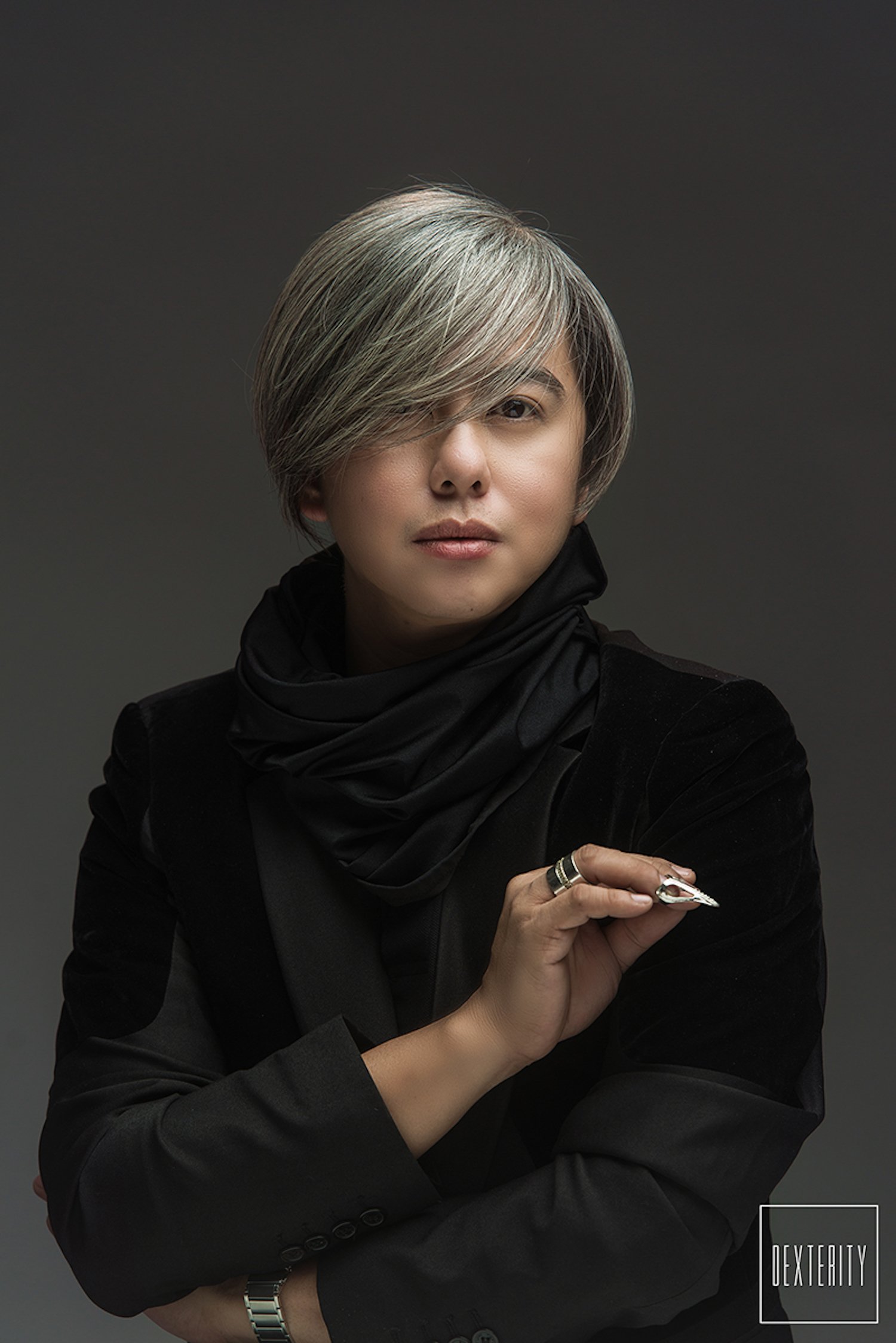Emi Englis
Our fourteenth member of the month is sustainability designer and educator Emi Englis.
UCRF is running a ‘Member of the Month’ feature on this blog, where a member, selected at random from the membership database, is sent five questions to give us all an overview of our members. Our fourteenth participant is sustainability designer and educator Emi Englis.
– How would you sum up your research / practice?
I have always been an "alter modernist" creative. Local culture, heritage, and identity ground my research and practice transcending into a global network for social good. Currently, I advocate for bio-circular-green (BCG) research for innovation, development, and enterprise or RIDE. I focus on academe-based initiatives geared towards responsible innovation and consumption in the creative economy vis-a-vis culture and biodiversity.
– How do you address fashion and sustainability in your work?
For me, fashion and sustainability should be a lifestyle. I live and breathe fashion. My actions must complement the Filipino value of "malasakit," or compassion for people and the planet beyond profit.
– What are the conflicts you have encountered around fashion and sustainability in your work?
The lack of context in education and awareness among the local public weighs down efforts and initiatives by the minority of creatives. That seems challenging, yet we still do what we ought to do.
– What do you consider the key sources and cases when it comes to fashion and sustainability?
We have recently launched the groundwork for a compendium on designs and patterns for indigenous textiles in Southern Philippines, beginning with the Maguindanao Inaul through a grant from the National Research Council of the Philippines. With that, a regional research council resolution is now widely circulated to local government units to revisit the mileage of their support in strengthening schools of living traditions. Alongside that, we are also reviving efforts to consolidate government, industry, academia, civil society, and media network and linkages to ensure the support system for RIDE in the light of the newly enacted Philippine Creative Industry Development Act (PhilCIDA). We plan to further the study, cover the rest of textile cultures, and map their contemporary production, evolving practices, intellectual property, and propriety.
– Could you recommend some less known sources or cases you think should be more widely shared?
Philippine Creative Economy Report - https://www.instagram.com/p/CrQkiyAvVEr/?fbclid=IwAR087NCIjWgWEgoJWR8f30LADswxxYo6h-OfMT4CdIPCpJOHNifGbeuYceg
The Innovation Lab Directory - https://apolitical.co/pages/government-innovation-lab-directory?fbclid=IwAR0UxmkhgrqJ5n8te7Wn3GJVg93aLOYR5lKbCcy0ABw1SCQixwkvpKWMqFs
Philippine Fashion Policies - Industry Situationer - https://philippinefashioncoalition.com/policies/
and last but not least; IndieGENIUS Knowledge Systems of Textile Weaving and Design Traditions in Southern Philippines - https://yayong.com.ph/creative-network/indiegenius/
Thank you Emi for sharing your work!

